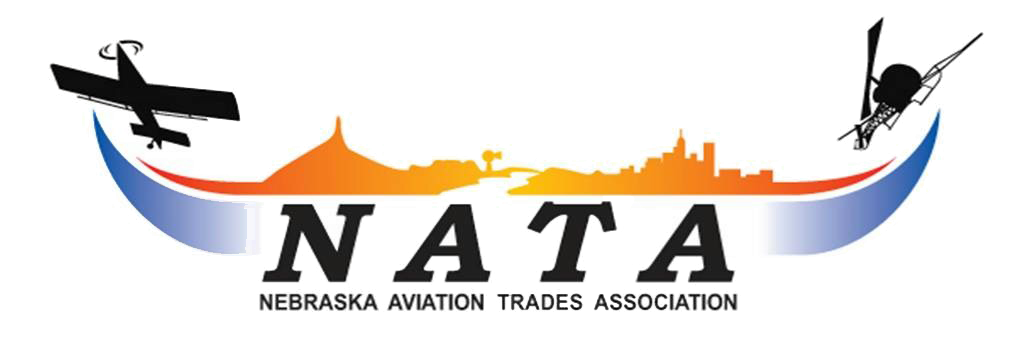
About Us
The Nebraska Aviation Trades Association (NATA) is a non-profit state trade association which represents the aerial application industry in Nebraska. The NATA was formed in 1948 at the Fontenelle Hotel in Omaha, NE by a handful of aerial applicators and has now grown to represent 180 aerial applicators in Nebraska and surrounding states.
The Ag Aviation industry has played a pertinent role in America's agriculture production for over 80 years. In the early years of aerial application the products applied to the crops were dusting materials; hence the name crop duster. Today the roles of aerial applicators have gone far beyond crop spraying. Many aerial applicators put their aircraft to work on Timber seeding and fertilization, fire bombing, special operations for drug eradication, surveillance of U.S. borders and other especial operations.
Today, the highly sophisticated Ag aircraft use the latest in Global Positioning Satellite (GPS) technology, advanced flow control systems that monitor product dispersement, and highly developed calibration software that helps pilots maintain pinpoint accuracy. It is estimated over 50% of our agricultural commodities would be lost to pest infestation without the efficient and timely application of crop protection products.
NATA is constantly striving to reinforce concerns for the environment and the professionalism and education of its members. Professional Ag pilots are recertified every three years and attend continuing education courses to stay up to date on industry trends, product information, and regulations to continue to safely and effectively protect our environment, our food supply and citizens.
Once a year, the Professional Aerial Applicator Support System (PAASS) presents its program to our members. The primary goals of the PAASS program are to reduce aviation accidents, drift incidents, enhance the commercial aerial applicator profession by improving the understanding of human factors, enhancing critical Aeronautical Decision-Making skills, and inducing positive behavioral change.
Operation S.A.F.E. (Self-Regulating Application and Flight Efficiency) began in the early 1980s to improve the overall quality of the aerial application process. This is a voluntary program in which a professional analyst uses a computer system and chemical dyes to evaluate the aircraft spray patterns and make any adjustments needed. BASF is sponsoring the Operation SAFE program and will bring the equipment to each pilot individually to have their aircraft tested.

